SGGP
On June 22, Reuters reported that at the White House, US President Joe Biden and his wife received Indian Prime Minister Narendra Modi on the occasion of his state visit to the US.
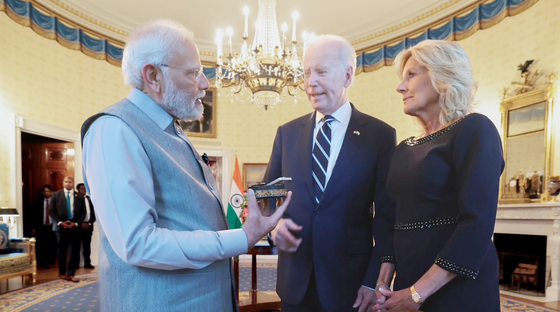 |
| US President Joe Biden and his wife (right) receive Indian Prime Minister Narendra Modi at the White House |
Strengthening cooperation
This is the first time that the Indian Prime Minister has visited the US since taking office in 2014. Therefore, Mr. Modi's visit is highly valued by both sides. According to US press sources, at the reception at the White House in the evening, the two leaders will discuss strengthening defense and technology cooperation as well as expanding cooperation on global issues, including climate change.
According to observers, besides defense, cooperation on critical technologies is considered a leading driver of India-US cooperation, which has been strengthened in recent years. In May 2022, President Biden and Prime Minister Modi announced the India-US Initiative on Critical and Emerging Technologies (iCET), a framework for cooperation on technologies to guide and promote cooperation between the two countries - primarily in advanced technology areas such as artificial intelligence (AI), semiconductor chips and quantum computing. Over the past year, iCET has allowed for deeper and broader cooperation negotiations between US and Indian officials. Accordingly, the two sides have discussed strategic relations and common challenges at a level that was “impossible” just a few years ago.
The US National Security Council (NSC) and the Indian National Security Council Secretariat (NSCS) have spent considerable time setting the agenda for iCET; including reaching out to corporations investing in future technologies, numerous academic institutions focused on critical and emerging technologies, start-ups and micro, small and medium enterprises (MSMEs), think tanks, and virtually every ministry, agency, and body in the US and India that has a significant involvement in the technology sector. Over the past four months, the two sides have begun to implement a number of concrete collaborations, further amplifying the impact of interactions between corporations and research institutions currently investing in critical and emerging technology areas in both countries…
Challenge
Dr. Rajeswari Pillai Rajagopalan, Director of the Center for Security, Strategy and Technology (CSST) at the Observer Research Foundation in New Delhi (India), emphasized that cooperation on critical technology between India and the US has great potential, but at the same time pointed out that the big challenge for India is "balancing relationships with different partners and prioritizing strategic alliances". Up to now, India has maintained a "multi-alignment" policy. Therefore, in cooperation with the US, India will find it difficult to see the US as an ally, as well as being concerned about current US sanctions, especially due to trade with Russia. Meanwhile, on the US side, there seem to be no factors that have a major impact on relations with India.
According to Mr. Rajagopalan, the success of iCET in critical technologies depends largely on “effective implementation” and India’s ability to navigate complex international relations, address internal issues, while strengthening ties with the United States.
Source



![[Photo] Hanoi morning of October 1: Prolonged flooding, people wade to work](https://vphoto.vietnam.vn/thumb/1200x675/vietnam/resource/IMAGE/2025/10/1/189be28938e3493fa26b2938efa2059e)




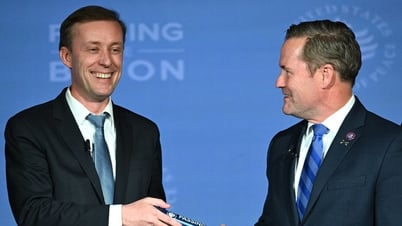


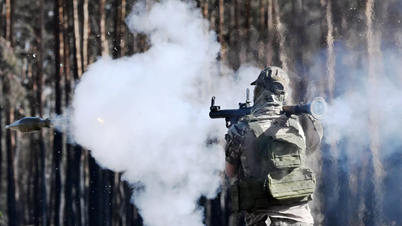
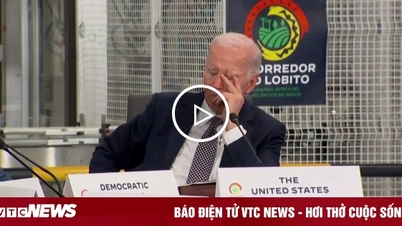

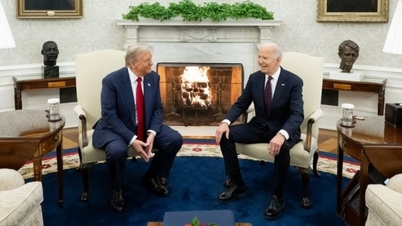

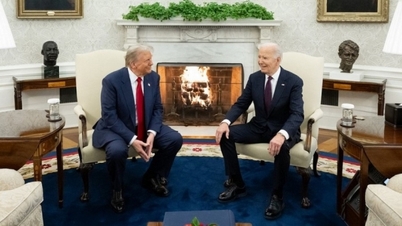











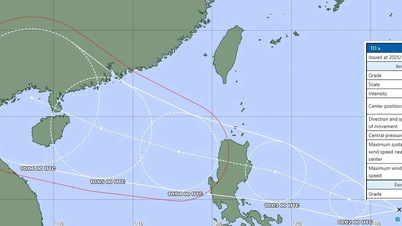
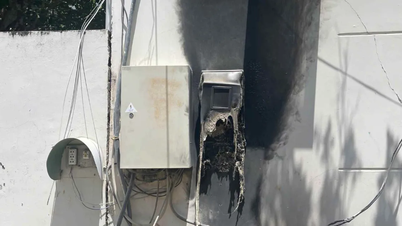
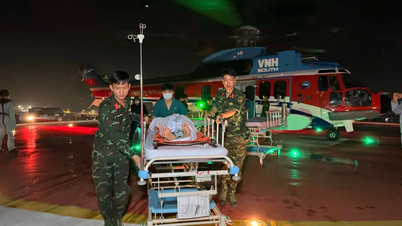

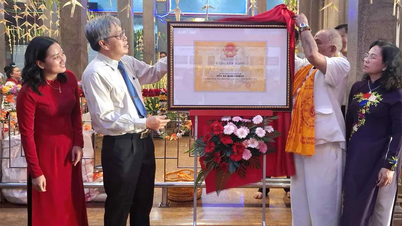
![[Photo] President Luong Cuong receives President of the Cuban National Assembly Esteban Lazo Hernandez](https://vphoto.vietnam.vn/thumb/1200x675/vietnam/resource/IMAGE/2025/9/30/4d38932911c24f6ea1936252bd5427fa)
![[Photo] Panorama of the cable-stayed bridge, the final bottleneck of the Ben Luc-Long Thanh expressway](https://vphoto.vietnam.vn/thumb/1200x675/vietnam/resource/IMAGE/2025/9/30/391fdf21025541d6b2f092e49a17243f)
























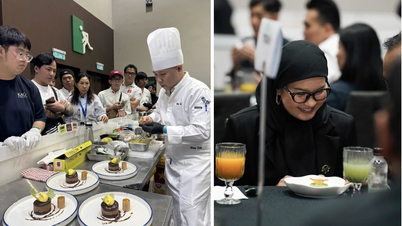
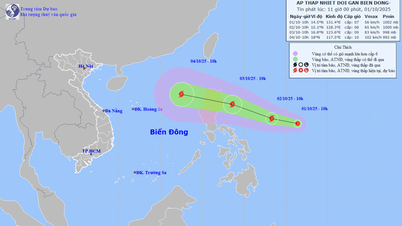
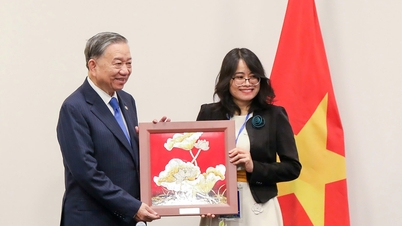

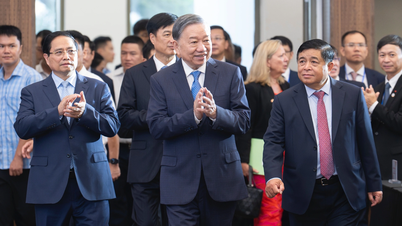
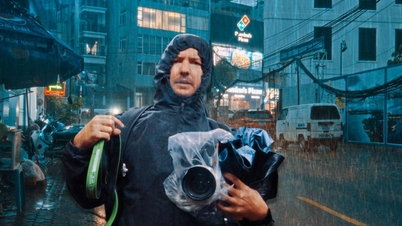



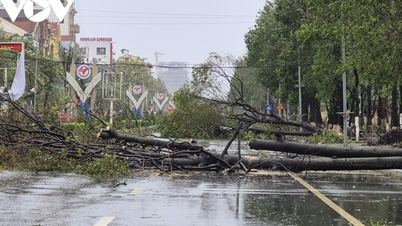
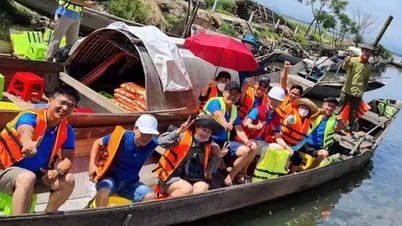
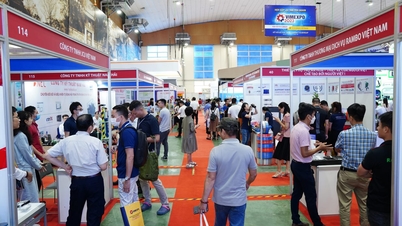


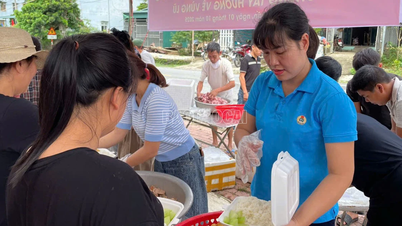

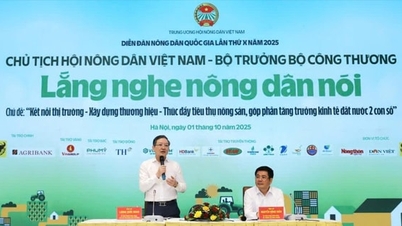

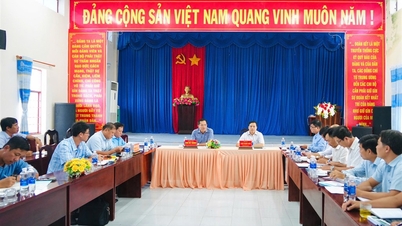


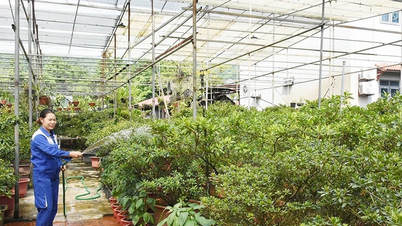

















Comment (0)